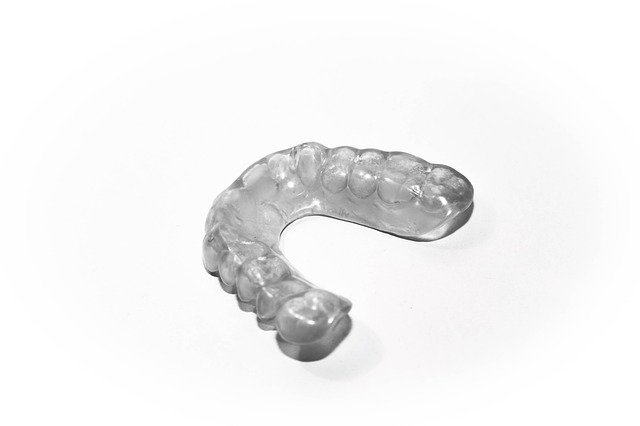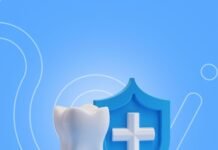Grinding your teeth at night is a normal thing, but it can lead to damage to your teeth and oral health. This is usually triggered by stress, medical conditions, or missing teeth. Teeth grinding can also cause bruxism. Sleep bruxism or nocturnal tooth grinding can lead to dental damage. Bruxism could cause loose or broken teeth, hearing loss, and change your teeth or change your face. Signs of bruxism are a sore jaw or persistent headache. There are ways to stop grinding your teeth at night.
Wearing a nightguard can help protect your teeth.
It doesn’t stop the grinding, but it does help. Nightguards are available at Clear Retain. Exercising can also help because one of the main causes of bruxism is stress, so any way to get rid of stress will help. Warm water will help make your jaw relaxed. Either a warm bath, a washcloth full of warm water or a heating pad applied to the jaw will help relax the jaw muscles.
Another way to alleviate stress is to try to unwind right before you go to bed. If you are calm before you sleep, you are less likely to grind your teeth.
Some other tips are to learn new habits. Try practicing dropping your jaw down when you clench your jaw and relax it. You can also try massaging the jaw when it feels tense. Anxiety can also cause teeth grinding. Seeking professional help with anxiety can reduce teeth grinding and reduce stress. Teeth grinding can also be caused by wine or coffee.
Drinking wine and coffee can worsen teeth grinding. Avoid chewy foods such as gum and popcorn to avoid causing soreness in the jaw. The last tip is to avoid chewing on pens or pencils. This will make you more likely to grind your teeth since it enables your jaw muscles.
Sleep Bruxism
Sleep Bruxism is caused by things such as tobacco, caffeine, and alcohol. It can also be caused by smoking cigarettes, sleep apnea, snoring, and fatigue. Many people with sleep bruxism suffer from headaches, earaches, jaw pain, and fractured teeth. Daytime grinding is typically linked to stress and anxiety. Nighttime grinding is usually linked to hyperactivity, sleep apnea, or acid reflux. It can also be due to the side effects of certain antidepressant medications. This can also cause TMJ syndrome (temporomandibular disorder). TMJ syndrome is when there are muscle problems in the jaw which can cause a clicking sound and limit the range of motion.

Some of the treatments for sleep bruxism include medications like muscle relaxers. Other solutions include procedures such as botox injections. It paralyzes the jaw muscles that affect teeth grinding. This method isn’t approved by the FDA (Food and Drug Administration) and it’s also not covered by any insurance but it is rumored to be safe. Behavioral strategies by psychologists might recommend stress management and relaxation coping skills. Nightguards can help with teeth grinding by preventing oral damage, but it doesn’t fix the grinding.
Conclusion
Teeth grinding can occur during the day or night. It is more common among children than adults. Only 8% of adults grind their teeth at night, while one-third of parents reported their children grinding their teeth and showing early signs of bruxism. Teeth grinding is commonly due to stress and anxiety. There are treatments for it, but a good way to protect your teeth is to get a nightguard. Although this won’t solve the problem, it will help.


























